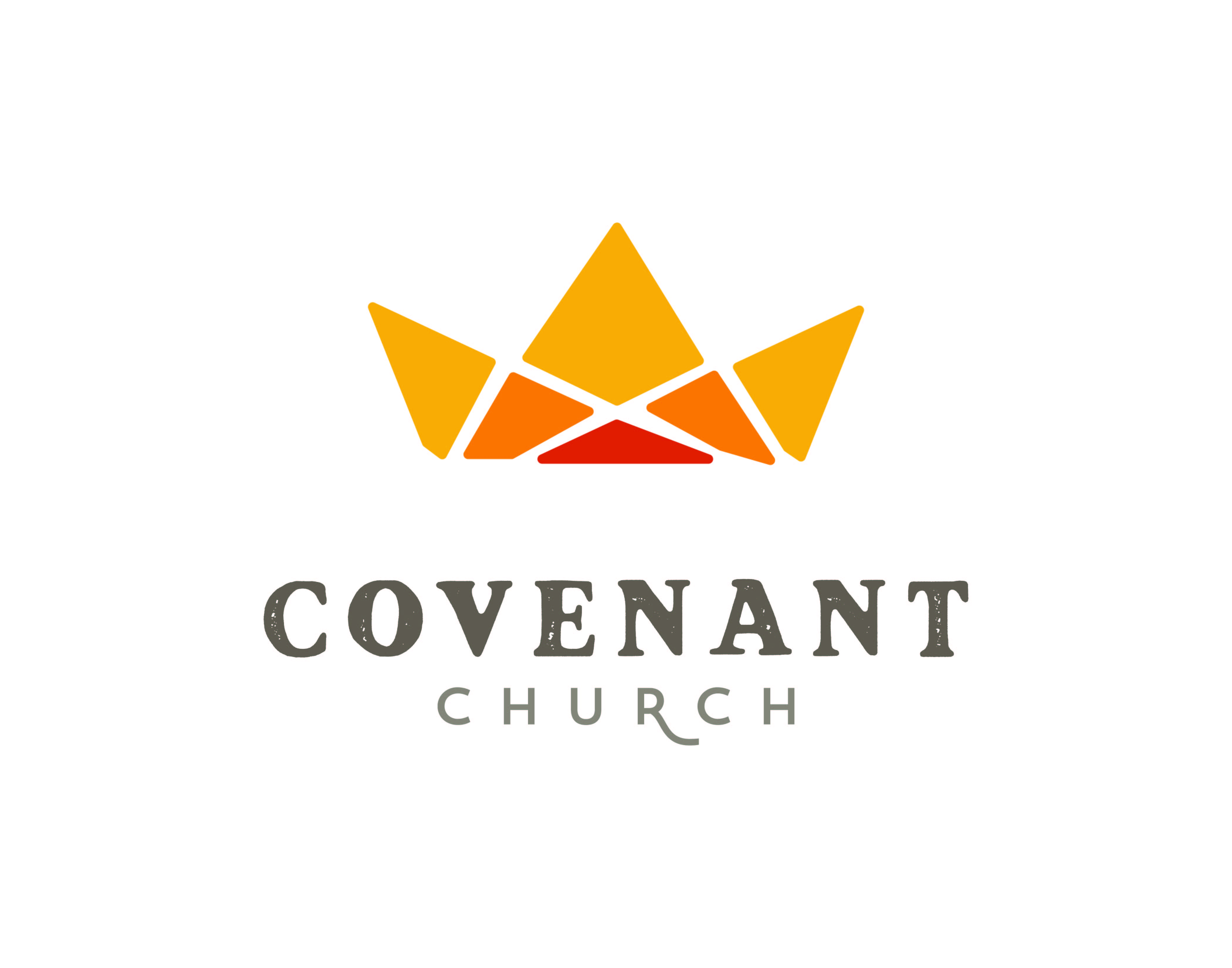Apostasy. Lack of concern for others. Bloodshed. Heinous acts. Oppression. Civil war.
Like a gray blanket of clouds the book of Judges blocks the sun and makes us long for even a single shaft of light to break in and bring hope that God has not forgotten His promise. It is no accident that following immediately on the heels of Judges we enter the story of Ruth.
The faithfulness of Ruth offers a stark contrast to the faithlessness of Judges by showing that, even in this period of moral and religious decay, true faith and piety could still be found. Ruth’s story reminds us that God was still working to keep His promise and fulfill His redemptive plans. And in what will become a recurring theme (think Jesus as a babe in a manger), His covert operation was taking place where few would have expected to find it.
Ruth is an unlikely heroine. As a Moabite, she was considered an outsider, one who did not belong to the covenant God had made with His people. And yet this foreign female revealed a courageous faith that set into motion a picture of the very gospel we live within today. The key to seeing this connection is found in the Hebrew word go`el, which we translate as kinsman-redeemer.
The go`el had three primary functions. First, he could redeem property (Numbers 27:8-11). Land was a useful resource. It could produce food to eat or food to sell. Though no one really wanted to do it, the land could also be sold. Now, if someone was forced to sell their inheritance land to pay off debts, the kinsman-redeemer was charged with the task of stepping in to buy back the land (or the person, if he or she had to be sold to slavery) to keep the land in the family or keep the family member free. The second responsibility had to do with redeeming the family line through Levirate marriage (Deuteronomy 25:5-10). If a man died without producing an heir, a surviving brother was expected to redeem (marry) the widow and raise up an heir for his deceased brother. A brother could seek exemption from this obligation but it was considered a disgrace-filled dereliction of duty (just read the Deuteronomy 25 passage to see what I mean). Finally, and on the darker side, the go`el was also obligated to act as the “avenger of blood,” executing the death sentence against one who had murdered a family member.
In Ruth’s case, Boaz was to redeem both the land (by purchasing it) and the name (by marrying Ruth and providing children for Elimelech). It is here that we run into some really interesting cultural practices. Uncovering Boaz’s feet and lying down was a customary way for a woman to request marriage / redemption. When the man responded by covering her, he was agreeing with her request. The city gate was the place for all legal transactions. The main gate at the ancient city of Dan gives us a glimpse into how this worked. It included an open area with seats around the perimeter for the elders and the king. Those seeking justice or wanting a legal transaction went to the gate and made sure that at least ten elders were present to adjudicate their case (ten elders was the minimum needed to create a full court. Also, to sit in the city gate denoted honor, Job 29:7-8; Proverbs 31:23). Like our handshake or signature, removing one’s sandal and giving it to another was a public way of transferring one’s property rights to another.

Ruth asked and Boaz agreed to act as her go`el, her kinsman-redeemer. Go`el is a deeply gracious word that refers to the next of kin who possesses the right to meet the need and cover the cost of whatever has overwhelmed his relative. Yet more than just cutting a check, it includes the emotional component of embracing and loving the one who is redeemed. Even though it came at a cost so great that others were not willing to pay it (4:6), Boaz saw the opportunity as a blessing and a kindness (3:10).
More than a quaint reference to an ancient practice, the go`el is a reality that touches us today. We are overwhelmed by sin and in such deep debt that we could never pay the price to buy our own freedom. Isaiah 43:14 declares that the LORD Himself is our go`el. Romans 3:24, 1 Corinthians 1:30 and Galatians 3:14 all state that Jesus is our Redeemer. The connection could not be clearer. When we go to Jesus and ask for His redemption He covers us with the corner of His garment and applies His payment to our account. More than simply cutting a check, Jesus lovingly and generously brings us into His family, embraces us as His own and includes us in His unfolding story of redemption. Do I hear an Amen!?
During the two days off this weekend you may want to go back to re-read this story a little slower than usual, lingering just long enough to feel the warmth and enjoy this shaft of light as it breaks through the clouds.

Rob Eyman






